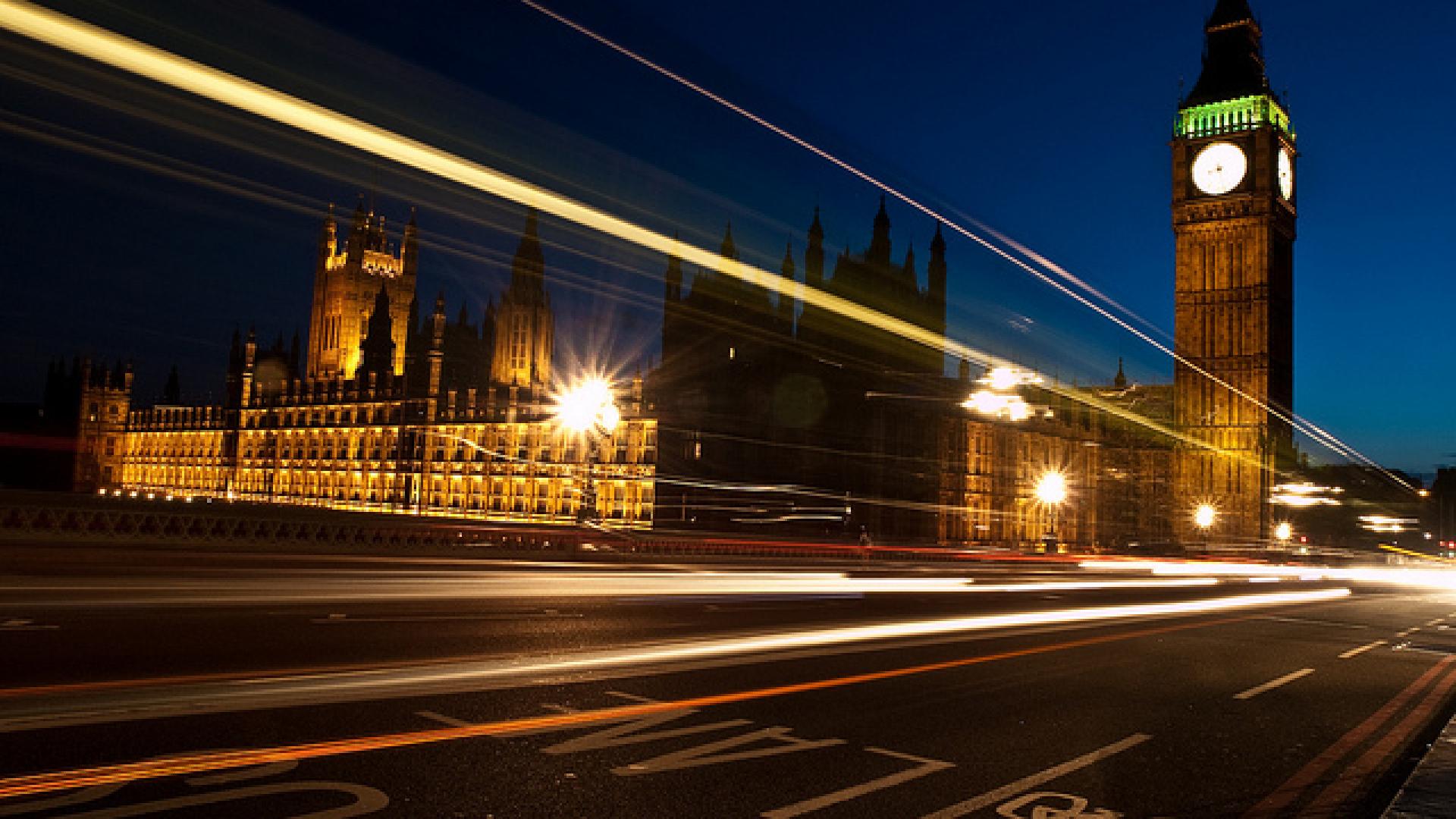In the wake of Brooks Newmarks comments about charities and knitting, Tim Harrison and Cian Murphy explore how MPs and the public feel about the political role of charities.
MPs
This week in politics must have felt like a very long time for the new Civil Society Minister. To have gone from the headline “Brooks Newmark: charities should stay out of politics” on Wednesday to “Brooks Newmark: 'I wholeheartedly agree' that charities should advocate for beneficiaries” in the same publication by Friday is pretty impressive, even by modern political standards. If only Wednesday had never happened and Friday had been his position all along.
The reality is that Friday’s comments were far more in line with what MPs from all political parties think. The majority of MPs, Conservatives included, believe that it is acceptable for charities to ‘highlight the effects of a policy on its beneficiaries’. We know this because we asked them in our most recent wave of research. Indeed, 68% of Conservative and 86% of Labour MPs believe it is acceptable. 91% of Conservative MPs believe it is acceptable for ‘charities to hold a parliamentary reception to inform MPs of the work it is doing.’
Conservative MPs are not anti-charity. They see charities as performing an essential role in frontline services. 89% think it is acceptable for charities ‘to provide frontline services instead of the Government’, while only 56% of Labour MPs agree.
But where Conservatives do draw the line, and where we see the biggest difference of opinion between the Conservatives and Labour, is in challenging the policies of the government or a political party. Only two in five Conservative MPs think it’s acceptable for charities to challenge government or party policy, as opposed to nearly nine in ten Labour MPs. Maybe this is because the Tories are the governing party – we will get a clearer picture after the next election.
In response to knitting-gate (cheap gag I know), some have come out in support of the Minister, including Christine Odone, who in this article claimed that charities have been “turned into a political weapon by the Left.” Such comments are not helpful, not only because they ignore the fact that charities are filled with people with lots of political affiliations, but because they also divert attention from what is important; effective policy.
If Brooks Newmark really is the Minister we read about last Friday, then I believe the sector has one that will work with charities to improve legislation. In his own words:
“The charity sector with all their expertise have an important role to play in informing government policy. As the Minister, I expect to be hearing about the challenges out there, but also about the solutions. I want to hear what you want in the manifestos.”
These are the sentiments that have support among MPs, the sector and the public, as my colleague Cian Murphy explains.
The Public
There seems to be no question that many Tories are out of step with the public on the issue of charities campaigning to change the law. We have been asking the public for many years what puts them off charities the most and ‘campaigning to change the law’ has been consistently their least annoying thing about the sector. In our most recent survey in January of this year, just 5% of our respondents were put off by this and it has never featured as a significant criticism of charities.
While charities are legally prohibited from party politics, it is nevertheless practically impossible for a major charity to avoid getting involved in the political process at some point if they are serious about representing the views and needs of their members and beneficiaries. Charities are fundamentally about achieving a more just world for these people, and while the UK public are generous, their donations will never be able to achieve as much as concerted action by governments of whichever stripe.
Often the best way for a charity to spend its money is to campaign for changes in policy and legislation. If this is the case, then not only is campaigning a valid option for the charity, it is the route that trustees have a duty to take.
The public seem to have both a strong understanding of and some sympathy with this position. Although we have seen a slight decline since a peak in 2009, 58% of respondents in a survey we carried out last year agreed that charities should be able to campaign to change both laws and government policies relevant to their work. Similarly, 59% believed that charities should try and bring important issues to the public's attention, even if it means offending some people.
The message is clear. Not everyone will like everything that charities have to say, but when it is important to campaign on an issue central to both your work and the lives of your beneficiaries, the public are eager to hear from you.
Does this tell a good Tory? Or did we Labour the point? Leave us a comment below.

